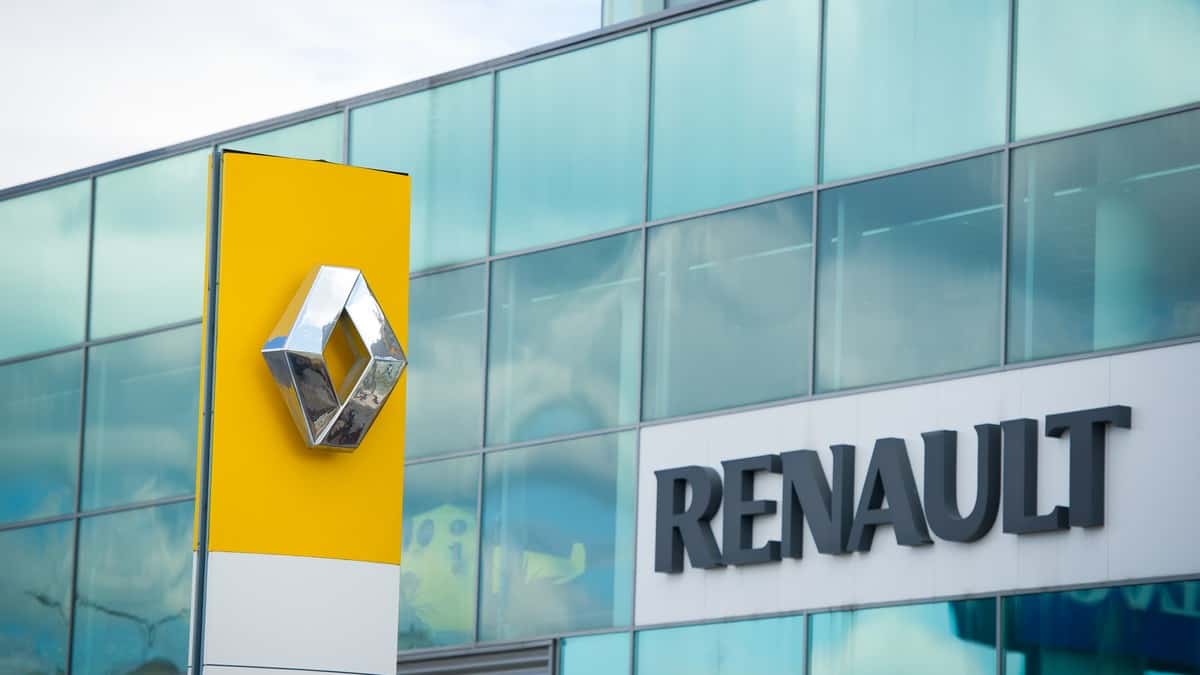European aircraft manufacturer Airbus recently revealed a partnership with French automaker Renault to develop a solid-state battery setup for next-gen electric cars and aircraft, as per InsideEVs.
The engineering teams from the two companies will work together to explore and develop solutions for energy storage, one of the challenges facing longer-range electric vehicles.
“At Renault Group, our 10 years of experience in the electric vehicle value chain gives us some of the strongest feedback from the field and expertise in the performance of battery management systems. Driven by the same ambition to innovate and reduce the carbon footprint, our engineering teams are exchanging with those of Airbus to converge transversal technologies that will enable both hybrid aircraft to be operated and the vehicles of tomorrow to be developed.”
Gilles Le Borgne, EVP, Engineering, Renault Group
The goal of the project
These major firms in the automotive and aerospace industries aim to boost energy density for EVs and prospective hybrid-electric aircraft batteries. By 2030, they expect to have a solid-state battery system that is ready for manufacturing.
By 2050, Airbus and Renault aim to be emission-free. As a result, this R&D deal should hasten the discovery of novel technologies that will enable them to achieve their target.
Why solid-state batteries?
Remarkably, all-solid-state batteries can handle more energy in the same space as li-ion batteries.
For instance, Renault’s Megane E-Tech’s 60kWh battery pack can only offer a 280 miles maximum driving range. However, doubling the range without increasing weight might be feasible with a solid-state battery that shares the exact physical dimensions.
Undoubtedly, this R&D deal highlights the businesses’ efforts to work with peers to manage the expensive and challenging electrification transition successfully. To reduce the environmental impact of future batteries, the companies also vowed to examine every aspect of the battery life cycle, including recycling.

